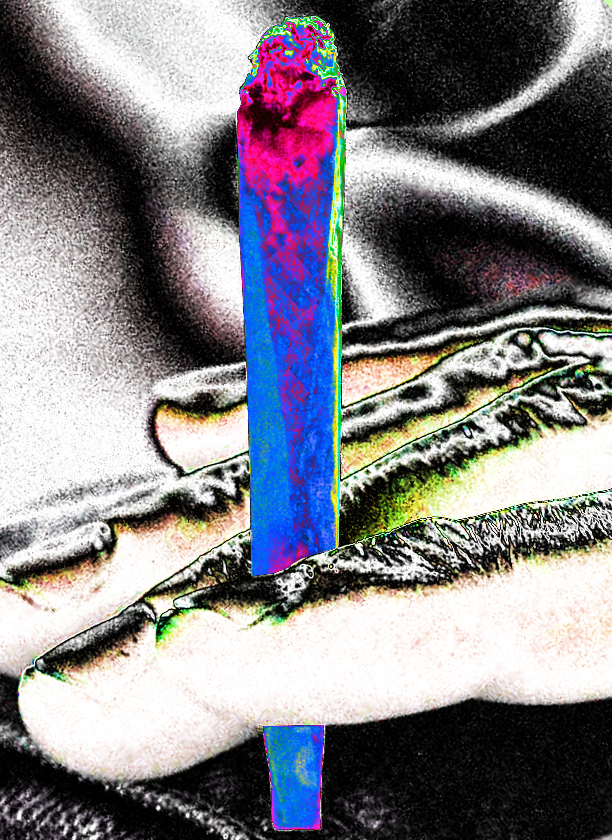Pot positives growing
 Human trials are beginning to show that medical marijuana could reduce cravings and ease withdrawal symptoms in heroin users.
Human trials are beginning to show that medical marijuana could reduce cravings and ease withdrawal symptoms in heroin users.
While both cannabinoids and opioids regulate the perception of pain, the two drugs affect different parts of the brain and how the sensation is communicated from neuron to neuron.
This means cannabinoids have, for example, a stronger effect on inflammation-based chronic pain, while opioids are particularly good at relieving acute pain, which is why they are used in surgery.
The problem is that opioids can quickly lead to a deadly addiction.
“If you look at both drugs and where their receptors are, opioids are much more dangerous, in part because of the potential for overdose - the opioid receptors are very abundant in the brainstem area that regulates our respiration, so they shut down the breathing centre if opioid doses are high,” argues neurobiologist Yasmin Hurd.
Dr Hurd studies how both cannabinoids and opioids act on the brain.
“Cannabinoids don't do that. They have a much wider window of therapeutic benefit without causing an overdose in adults.”
There is growing evidence in animal models supports that cannabinoids could have long-lasting therapeutic effects.
A specific cannabinoid, cannabidiol, has been seen to reduce heroin cravings in animals more than a week after abstinence, and seems to restore some of the neurobiological damage induced by opioid use.
A small pilot human investigation led by Hurd mirrored these findings in rodents.
In the study, cannabidiol particularly helped relieve anxiety related to cravings in heroin users abstaining from use.
While there is growing interest in cannabinoids as the legalisation of medical marijuana becomes more widespread, there is plenty more to find out about how it can be used therapeutically.
“We have to be open to marijuana because there are components of the plant that seem to have therapeutic properties, but without empirical-based research or clinical trials, we're letting anecdotes guide how people vote and policies that are going to be made,” Hurd says.
“It's one of the first times in our history that we're making laypeople and politicians decide whether things are medicinal or not. If we want to say something is medical marijuana, we have to prove that it is medicinal.”








 Print
Print